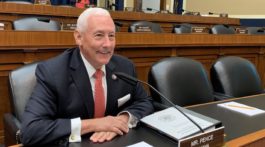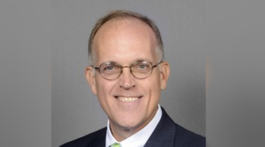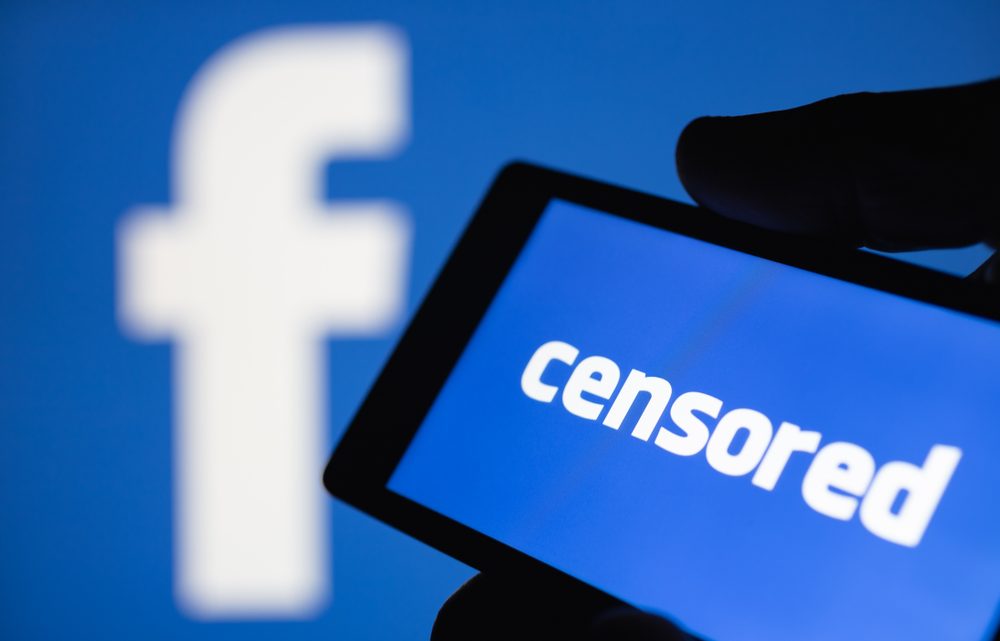by Abdul-Hakim Shabazz
There has been a big debate in the country this year over various social media platforms, i.e., Facebook and Twitter; to be precise, and whether they should have the right to remove content. In other words, are they publishers or platforms? And should Section 230 of the Communications Decency Act which was established as Title V of the Telecommunications Act of 1996, be reformed to remove protections from social media and Internet sites from liability when someone posts something they probably shouldn’t.
First, let’s discuss the “censorship” perspective of this. Let’s define exactly what that is. According to the ACLU, censorship, “the suppression of words, images, or ideas that are “offensive,” happens whenever some people succeed in imposing their personal political or moral values on others. Censorship can be carried out by the government as well as private pressure groups. Censorship by the government is unconstitutional.”
I have never been a big fan of censorship. I believe in the free market place of ideas and competing ideas can keep each other in check, Now with that said, social media sites are not the government, but private property and they can do whatever they want with the content that’s posted. If they want to take a liberal or conservative bias, that’s fine. I’m a big boy, I can figure it out. Why other people can’t seem to figure this out is beyond me. And if you don’t like a platform’s policies, you can take your posts somewhere else.
This takes us now to our second point, Section 230 of the Communications Decency Act. A number of lawmakers, mostly conservatives and their supporters, want this section of the law changed to remove legal protections for social media sites. Well, first of all, Section 230 applies to more than Facebook and Twitter, it also applies to Internet Service Providers, bloggers, and any “interactive computer service provider”. Now granted there are certain criminal and intellectual property exemptions, but for the most part, an ISP can’t be held liable for what someone posts. And by the way, the word platform is not mentioned and “publisher” is only mentioned twice, but in this context…
(c)Protection for “Good Samaritan” blocking and screening of offensive material
(1)Treatment of publisher or speaker
No provider or user of an interactive computer service shall be treated as the publisher or speaker of any information provided by another information content provider.
(2)Civil liability. No provider or user of an interactive computer service shall be held liable on account of—
Critics say this provision should be changed because social media sites are acting more like publishers, where they remove “objectionable” content as opposed to platforms, where they allow basically anything to be published. And if social media sites are going to behave like publishers, critics say, they should lose the legal protections that Section 230 provides. Donald Trump is so upset with social media platforms that he is threatening to veto the defense budget appropriations if changes aren’t made to that provision.
No offense, but that is one of the most stupid things lawmakers could do from a public policy perspective. First, by removing the protections and making social media sites liable for anything anyone posts, then they may as well shut down the ability to comment and that would be left would be images of cats playing the piano. Secondly, and more importantly, it doesn’t solve the problem of censorship. In fact, it only makes it worse because instead of some ideas not making it through the filter, all ideas are now subject to being weeded out. And it’s not just Facebook and Twitter, the same rules would apply to conservative social media platforms like Parler and MeWe.
In a nutshell, social media platforms are private property and therefore they can do pretty much whatever they want with the content. For conservatives and liberals for that matter who have a problem with this, I strongly recommend instead of trying to compel the platforms to promote a certain type of speech, you’re better off just starting your own platform, and then you can put on some headphones and enjoy the reverb of the echo chamber that you’re in all day.
Abdul-Hakim Shabazz is an attorney and the editor and publisher of Indy Politics. His opinions are his own, but you are free to adopt them.











